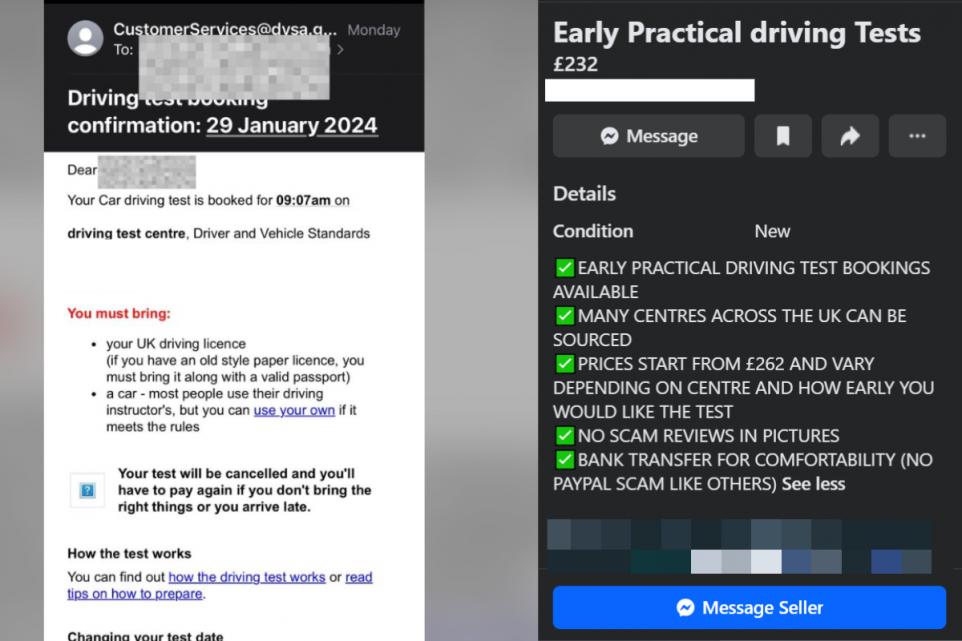Journey through Surrey's finest pubs, from historic inns to award-winning gastropubs, and uncover where your next memorable pint awaits.
In a startling development, it has come to light that online sellers on Facebook are exploiting the high demand for early driving test dates in the UK. These sellers are using automated bots to secure and sell these coveted slots to learner drivers for considerable profits. This practice, while technically innovative, raises questions about the fairness and integrity of the driving test scheduling system.
The Mechanics of the Scheme
In recent months, learner drivers across the United Kingdom have faced significant delays in booking their driving tests due to a backlog exacerbated by the pandemic. This scarcity of available test dates has created a lucrative opportunity for unscrupulous sellers who use sophisticated bots to snap up any newly available slots the moment they appear on the official Driver and Vehicle Standards Agency (DVSA) booking system.
The process is both simple and effective. These bots, programmed to scan the DVSA website round-the-clock, instantly reserve any test dates that become available due to cancellations or new batches released by the DVSA. Once secured, these dates are then advertised and sold on various Facebook groups and pages dedicated to helping learners find earlier test dates.
The Financial Gains and Ethical Implications

The financial gains from this practice are significant. A typical driving test costs around £62-£75 when booked through the DVSA, but desperate learners are reportedly paying upwards of £200 to secure an earlier slot through these Facebook sellers. These inflated prices reflect the buyers' urgency and their willingness to pay a premium to reduce their waiting times.
However, the ethical implications of this practice are troubling. The use of bots to monopolize available test dates creates an uneven playing field. Genuine applicants who log onto the DVSA site in hopes of finding an earlier test are often left frustrated as all slots are already taken by the time they attempt to book. This situation could exacerbate existing inequities, particularly affecting those who cannot afford the inflated prices being charged by these sellers.
Regulatory Response and Future Measures
The DVSA has acknowledged the issue and is reportedly working on measures to counteract the influence of bot activity on its booking platform. Potential solutions include implementing more sophisticated anti-bot technologies and regularly auditing the distribution of test dates to ensure fair access for all learners. Additionally, the agency urges learners to book tests directly through the official DVSA site rather than resorting to third-party sellers.
Meanwhile, Facebook has faced criticism for allowing these transactions to occur on its platform. Critics argue that the social media giant needs to take more proactive steps to monitor and shut down these exploitative practices. Facebook's terms of service prohibit selling items that are not tangible goods, yet it appears enforcement has been lax in this regard.
Conclusion
As long as there remains a high demand for early driving test dates and inadequate supply, the market for reselling these slots will likely persist. It is imperative for regulatory bodies and platform operators to collaborate and create robust mechanisms that both enhance transparency and ensure fair access for all aspiring drivers. The current scenario serves as a cautionary tale about the unintended consequences technological advancements can bring, especially when profit motives intersect with public services.
For learner drivers, the best advice remains to stay informed, exercise patience, and utilise official channels for booking their driving tests. As regulators and platforms step up their efforts to tackle this issue, there is hope that the system will become fairer and more accessible in the near future.